What began in Minnesota in 1991 with two charter schools has since expanded to reach 1.5 million kids in 5,000 charter schools across 39 states. And while California boasted more than 820 charter schools during the 2009-2010 school year, states like Washington, Maine, and Kentucky have not a one. (Currently, 11 states don't have a charter school law on the books.) Recently, the federal government created Race to the Top, a $4.35 billion competition, which encourages states to become more innovative and reform-friendly. One way that states can play along is by either raising or eliminating the cap on its allotment of high-quality charter schools. It should be noted that while charter schools receive taxpayer money, they have more autonomy than a traditional public school. And while they've captured the public's imagination, charter schools are hardly a silver bullet. By and large, much like their public school counterparts, some work exceptionally well, while others do not. As the uptick continues, the focus will be on expanding the models that show consistent results—and shuttering the ones that lack sufficient progress.
Click here to check out the full Charter Revolution infographic.
A collaboration between GOOD and Design Language.














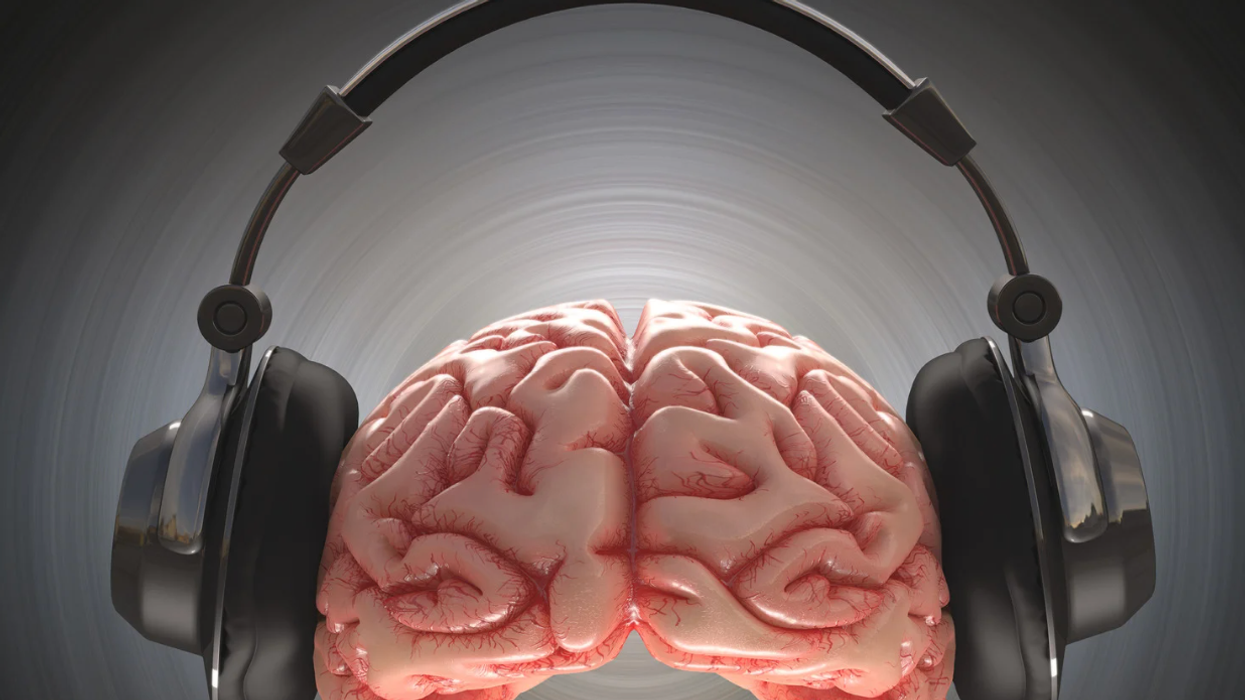
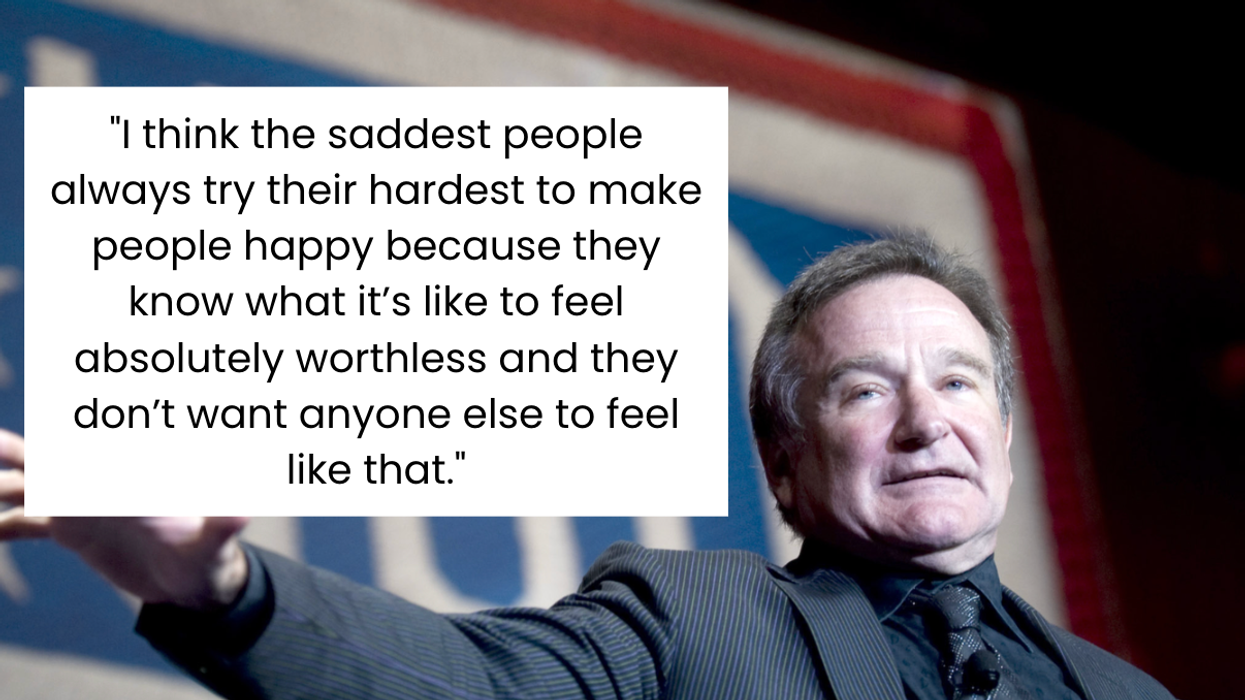
 Robin Williams performs for military men and women as part of a United Service Organization (USO) show on board Camp Phoenix in December 2007
Robin Williams performs for military men and women as part of a United Service Organization (USO) show on board Camp Phoenix in December 2007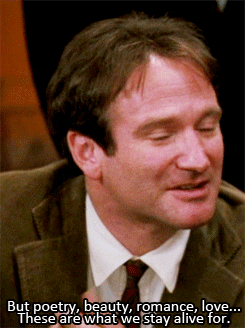 Gif of Robin Williams via
Gif of Robin Williams via 
 People on a beautiful hike.Photo credit:
People on a beautiful hike.Photo credit:  A healthy senior couple.Photo credit:
A healthy senior couple.Photo credit:  A diverse group of friends together.Photo credit:
A diverse group of friends together.Photo credit:  A doctor connects with a young boy.
A doctor connects with a young boy.  Self talk in front of the mirror.Photo credit:
Self talk in front of the mirror.Photo credit:  Lightbulb of ideas.Photo credit
Lightbulb of ideas.Photo credit 
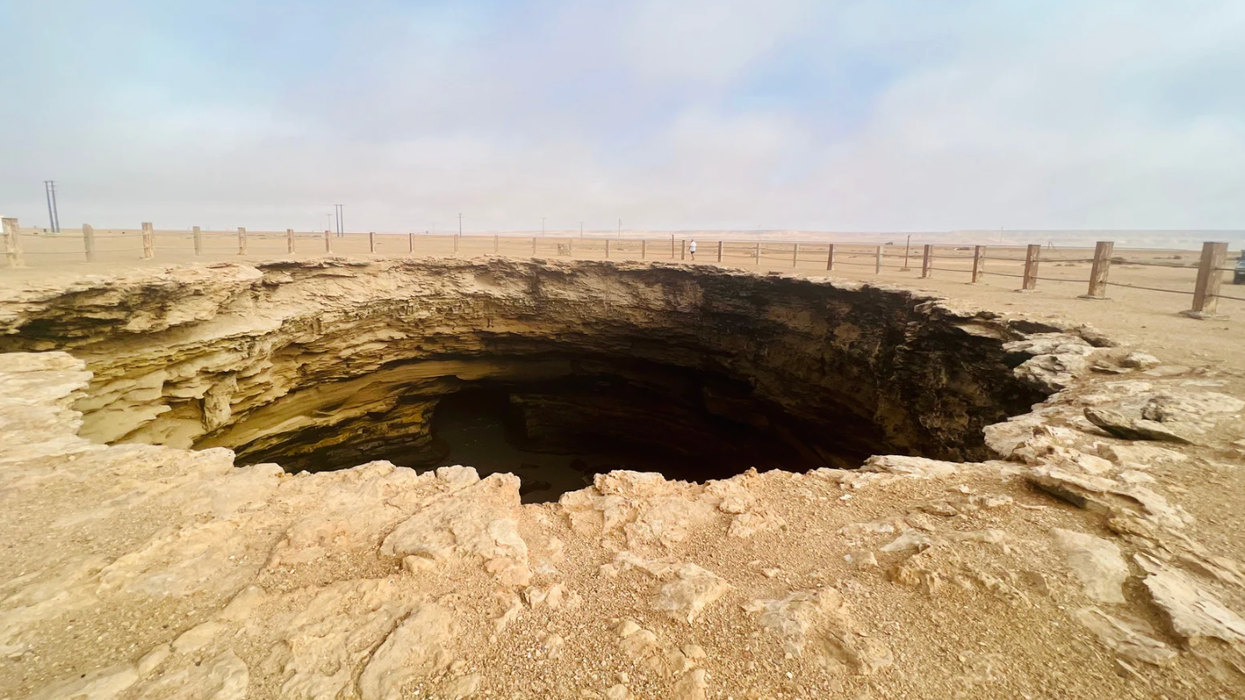
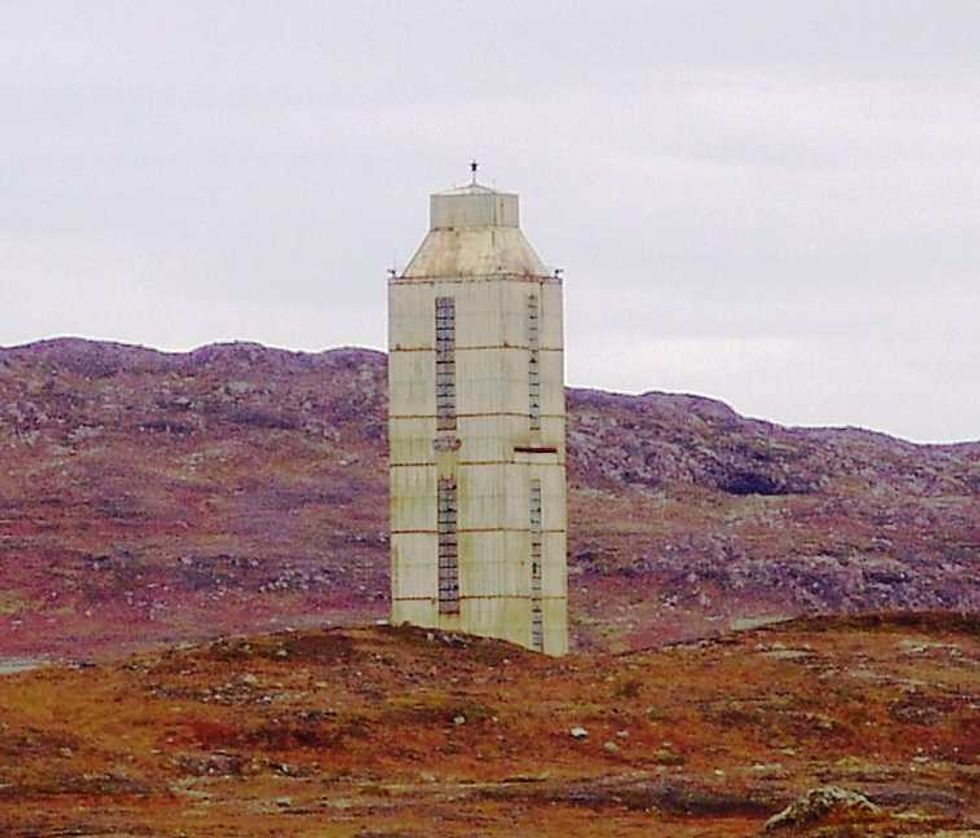 Superstructure of the Kola Superdeep Borehole, 2007
Superstructure of the Kola Superdeep Borehole, 2007 

